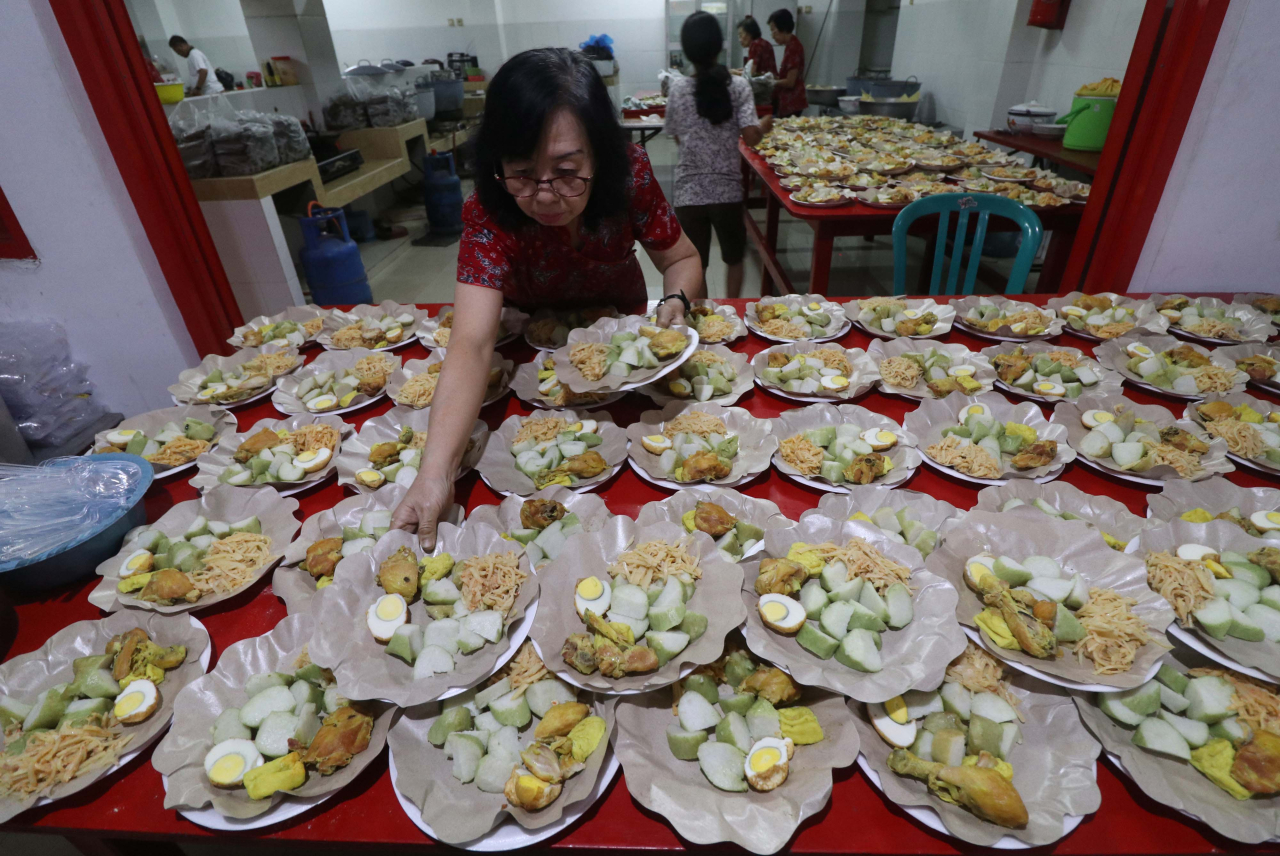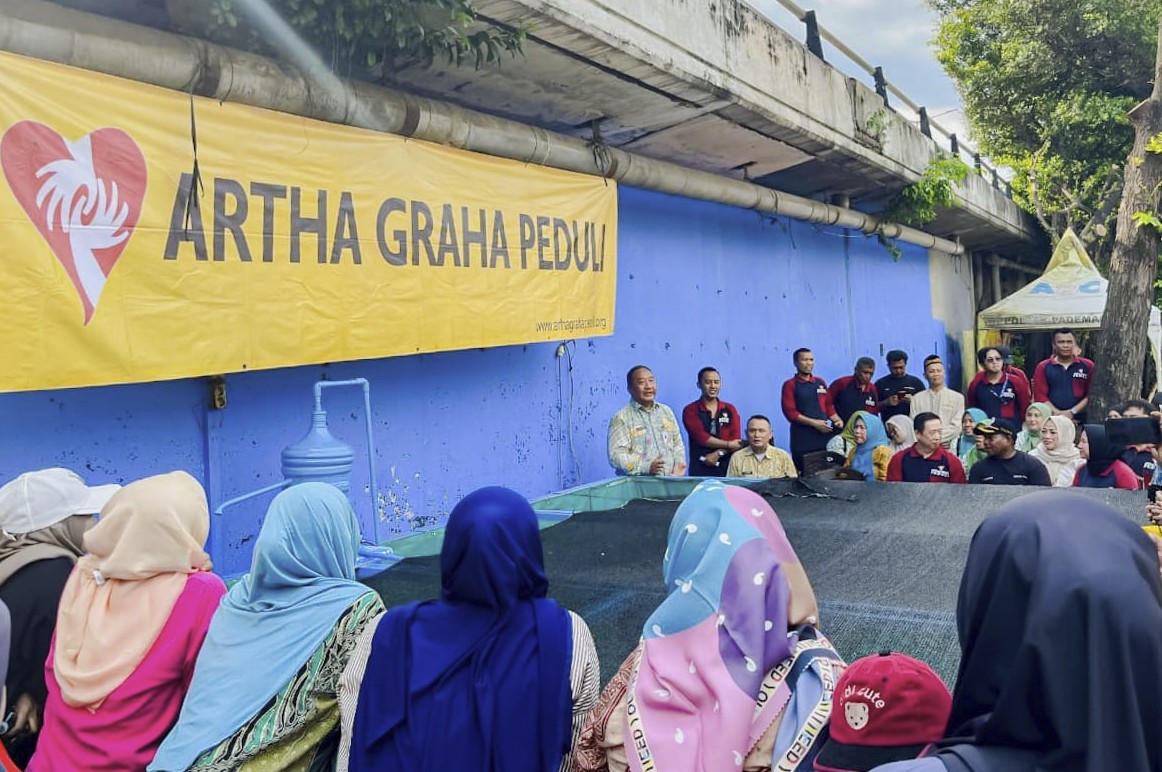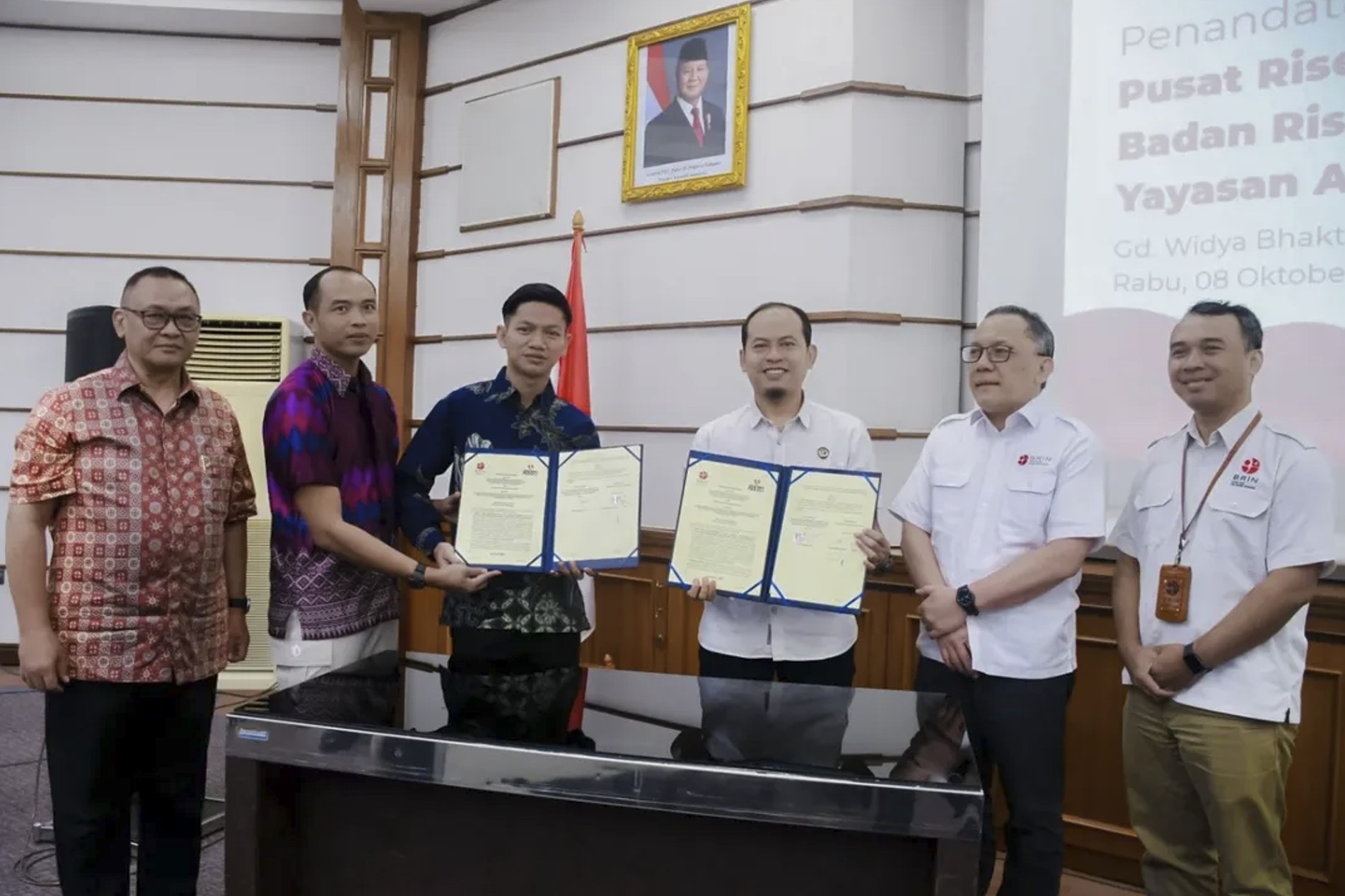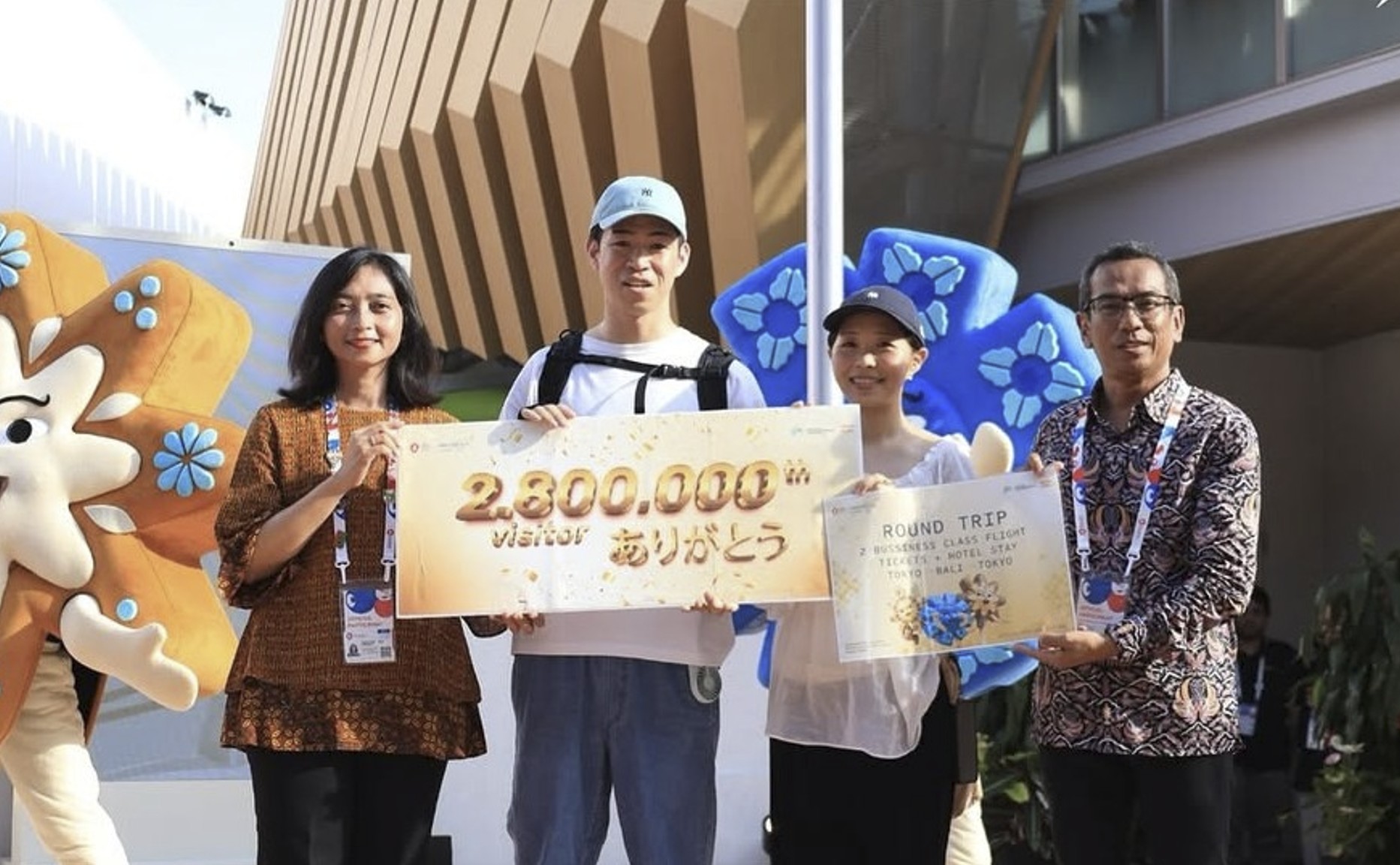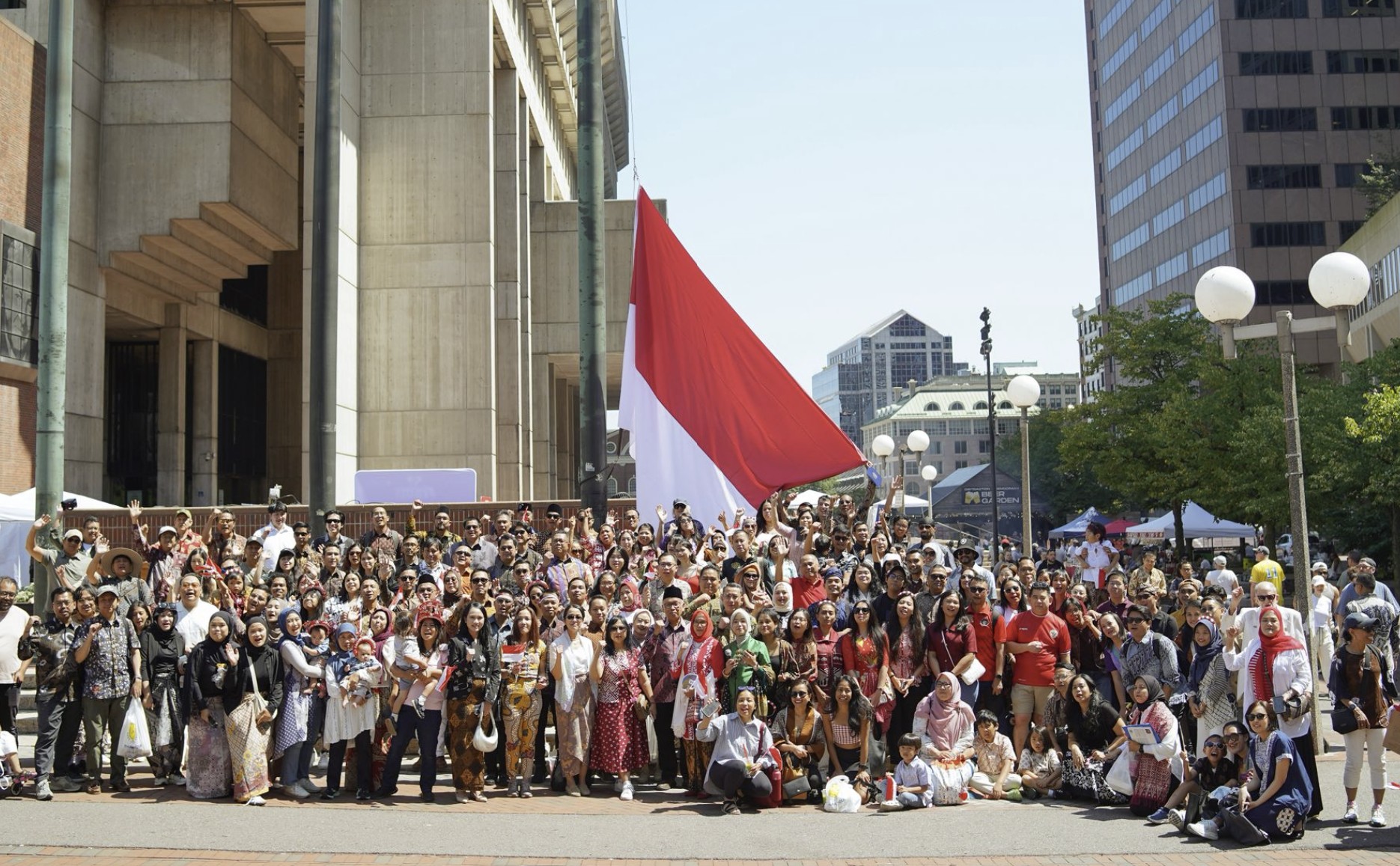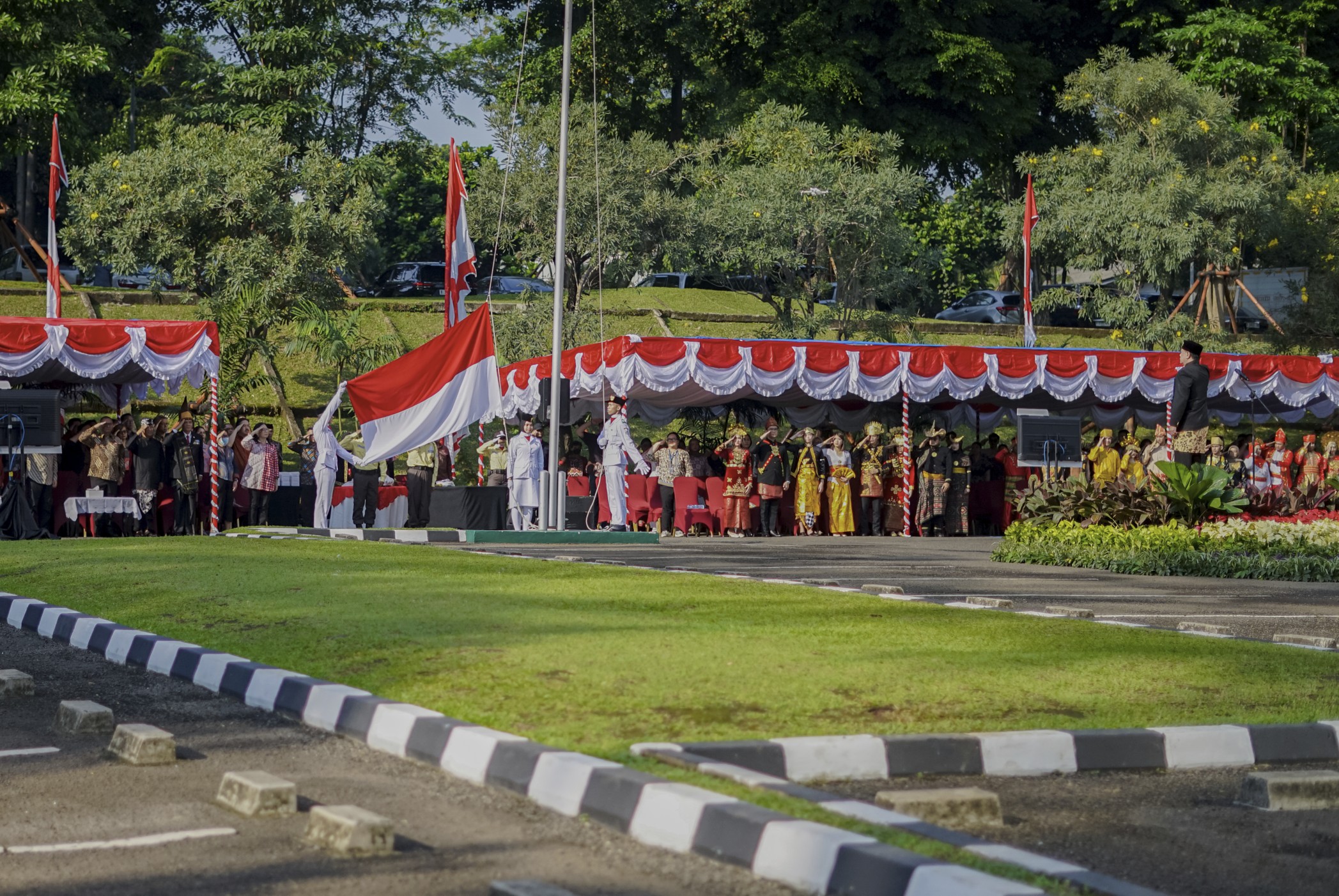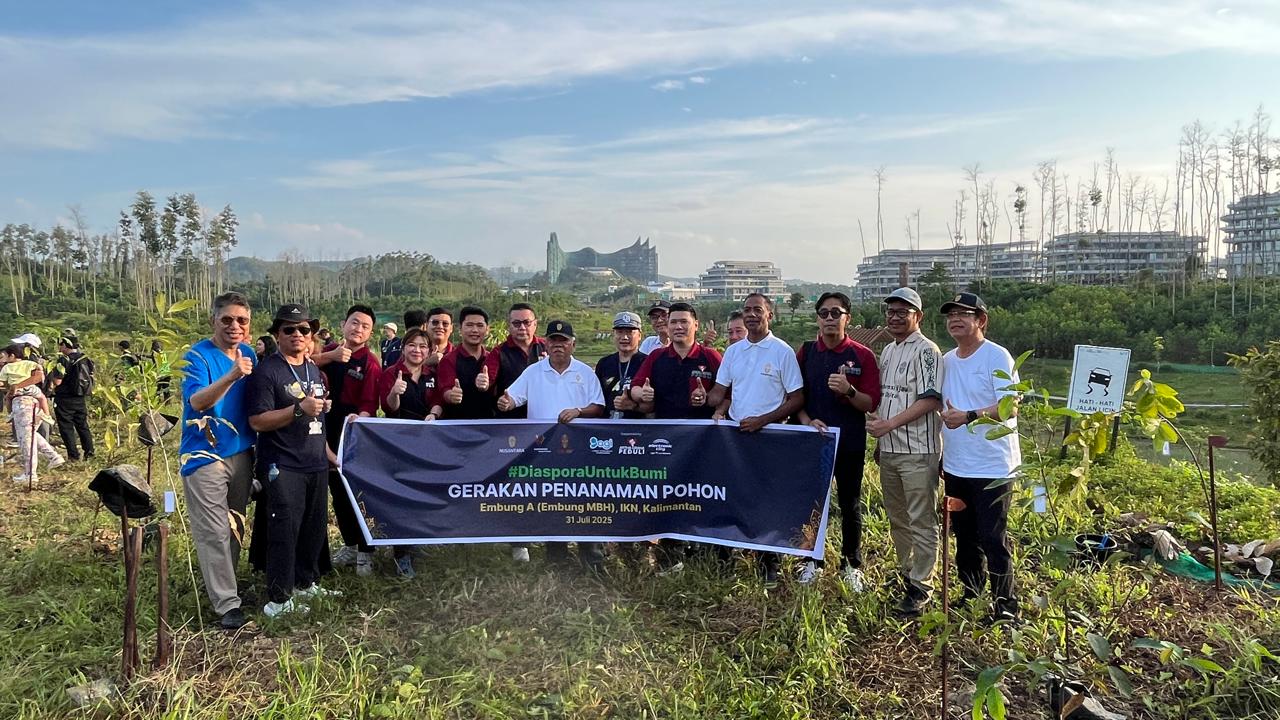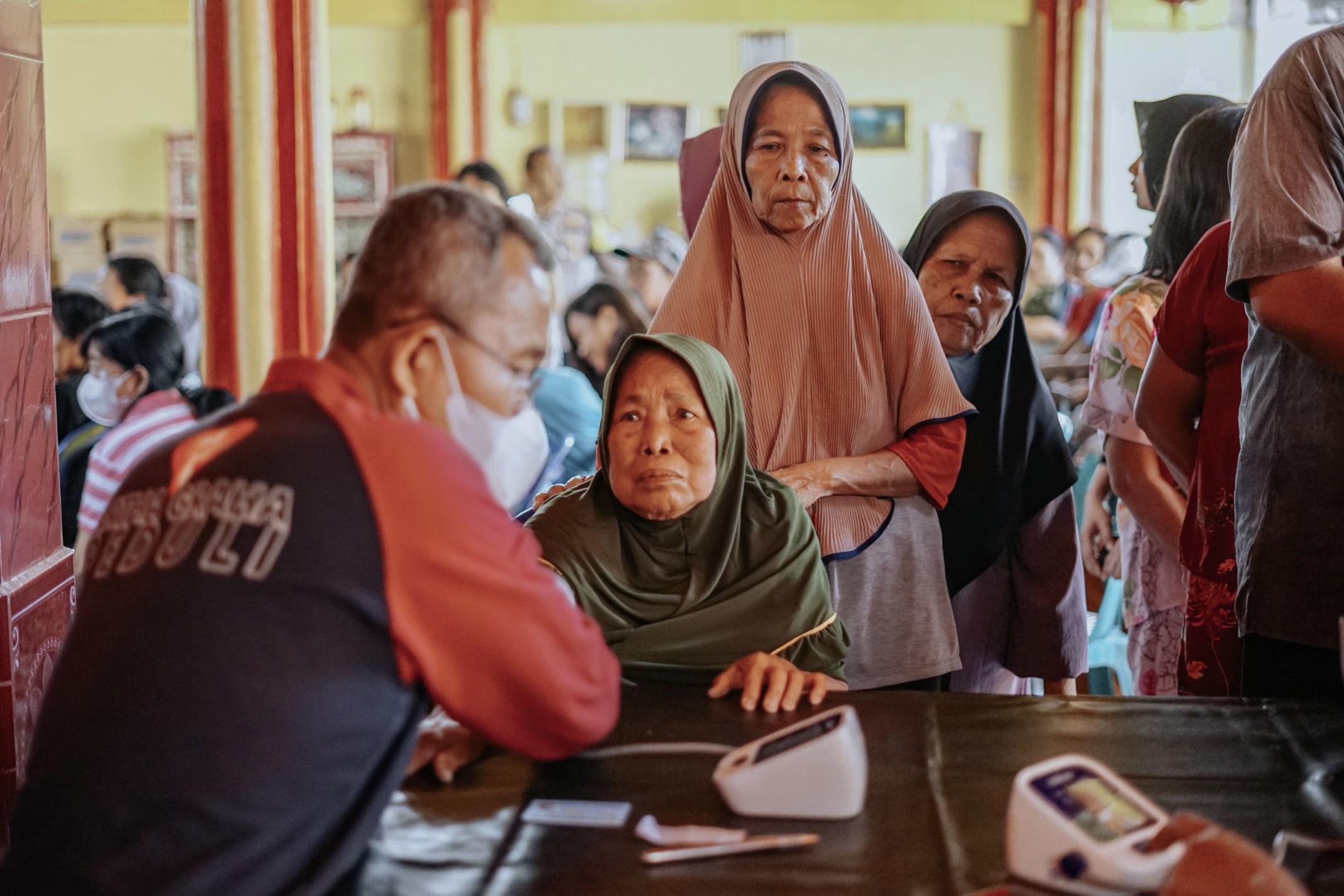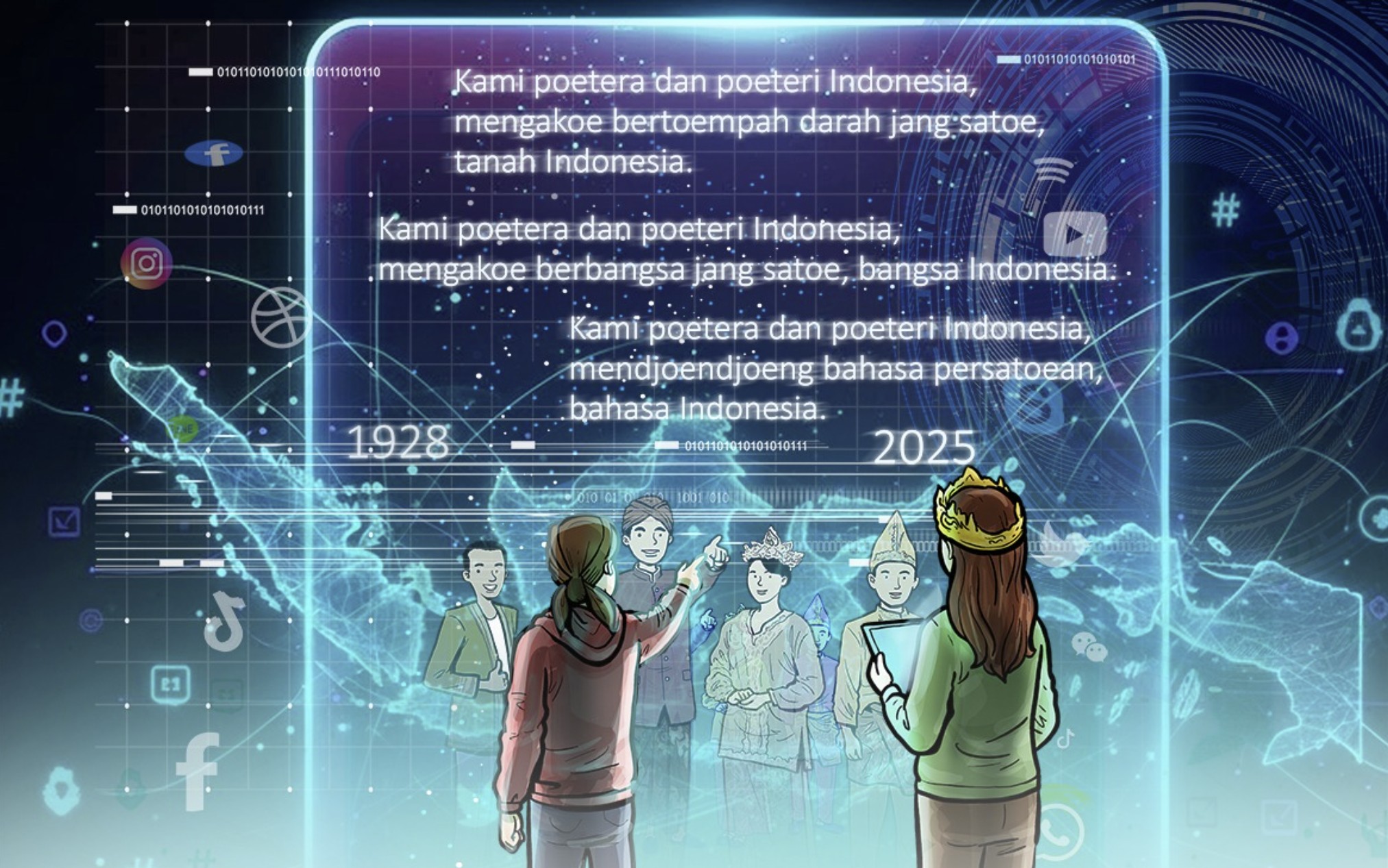
The Youth Pledge as a Reflection of National Identity in the Digital Era

History is not merely the past; it is the identity of a nation for the future. It defines how a nation is perceived internationally, how its character is recognized, and how history shapes the thinking of future generations. These are timeless questions that remain relevant today, especially when viewed in relation to the characteristics of a nation influenced by the values of struggle in achieving a shared identity.
This is true in Indonesia’s journey as a nation. The era of struggle, marked by the efforts of young patriots to achieve unity and solidarity through the Youth Pledge (Sumpah Pemuda) on October 28, stands as a milestone. That date is considered sacred by every Indonesian, especially for the younger generations who continue to change with the times, yet remain bound by the same identity — the youth of Indonesia.
October 28 is commemorated every year. Today’s younger generation is often referred to as Gen Z — those who were born long after Indonesia’s independence, growing up in an age where technology and information evolve rapidly. The challenges they face are different: the values of unity and solidarity are now confronted with the influx of foreign cultures and languages that influence daily life.
For this reason, October 28, commemorated as Youth Pledge Day, must serve as a reminder to preserve unity in diversity and to embody the national spirit by actively contributing to Indonesia’s progress. It is a moment to remember the spirit of unity shown by the youth from diverse backgrounds 97 years ago, who shared one goal — the independence and advancement of the nation — by prioritizing national interests and embracing a unifying language.
The meaning of the Youth Pledge — One Nation, One Homeland, and One Language — highlights the role of the younger generation in maintaining the shared identity of being Indonesian. The Youth Pledge also symbolizes unity in diversity: it is an oath of solidarity made by young people from different ethnicities, religions, and cultures to stand as one nation, one homeland, and one language.
In today’s digital age, the spirit of the Youth Pledge should inspire young people to keep contributing and driving positive change in various fields such as education, technology, and the economy.
Preserving unity: The young generation is reminded to form friendships without discrimination based on ethnicity, religion, or race, and to respect cultural differences around them.
Prioritizing national interests: The Youth Pledge teaches the importance of placing the nation’s interests above personal or group interests for sustainable progress.
Upholding the national language: The youth have a responsibility to use and preserve Bahasa Indonesia as a unifying language that enables communication and understanding among diverse ethnic groups.
Although Gen Z did not witness the historical moment when the Youth Pledge was first declared, the social construct of a shared identity — the Indonesian Nation, the Indonesian Homeland, and the Indonesian Language — continues to bind generations. Therefore, Gen Z plays an essential role in preserving nationalism and pride in using the Indonesian language as part of the identity of the Republic of Indonesia, especially amid the widespread daily use of foreign languages.
The influx of foreign cultures and languages should be viewed as part of adapting to progress, but Gen Z must maintain the values of the Youth Pledge — pride in being Indonesian and speaking Bahasa Indonesia — as a defining trait in their daily lives.
From a Gen Z perspective, contributing to the meaning of the Youth Pledge can take forms relevant to their character and era. Growing up in the digital age, their contributions extend beyond physical spaces to the digital sphere, which shapes public opinion and the nation’s direction. They can channel creativity, innovation, and social awareness as real manifestations of unity and national advancement — for example, by using social media to promote tolerance, anti-bullying campaigns, cultural preservation, and the proper use of Bahasa Indonesia in public spaces.
In technology, Gen Z can develop applications supporting digital literacy or platforms that promote local MSME products to compete in global markets.
Moreover, many Gen Z youths express their spirit of collaboration through social initiatives, such as environmental campaigns, plastic waste reduction movements, and creative communities that celebrate diversity. In arts and culture, they introduce Indonesia’s richness through digital content — music, animation, travel vlogs, and short films that showcase the beauty of the archipelago.
Through these simple yet meaningful actions, Gen Z are not just consumers of technology but also agents of change, carrying forward the spirit of the Youth Pledge in new forms — a spirit of collaboration, innovation, and pride in national identity in a rapidly globalizing world.
Artha Graha Peduli – By: Heka Hertanto
More Articles





